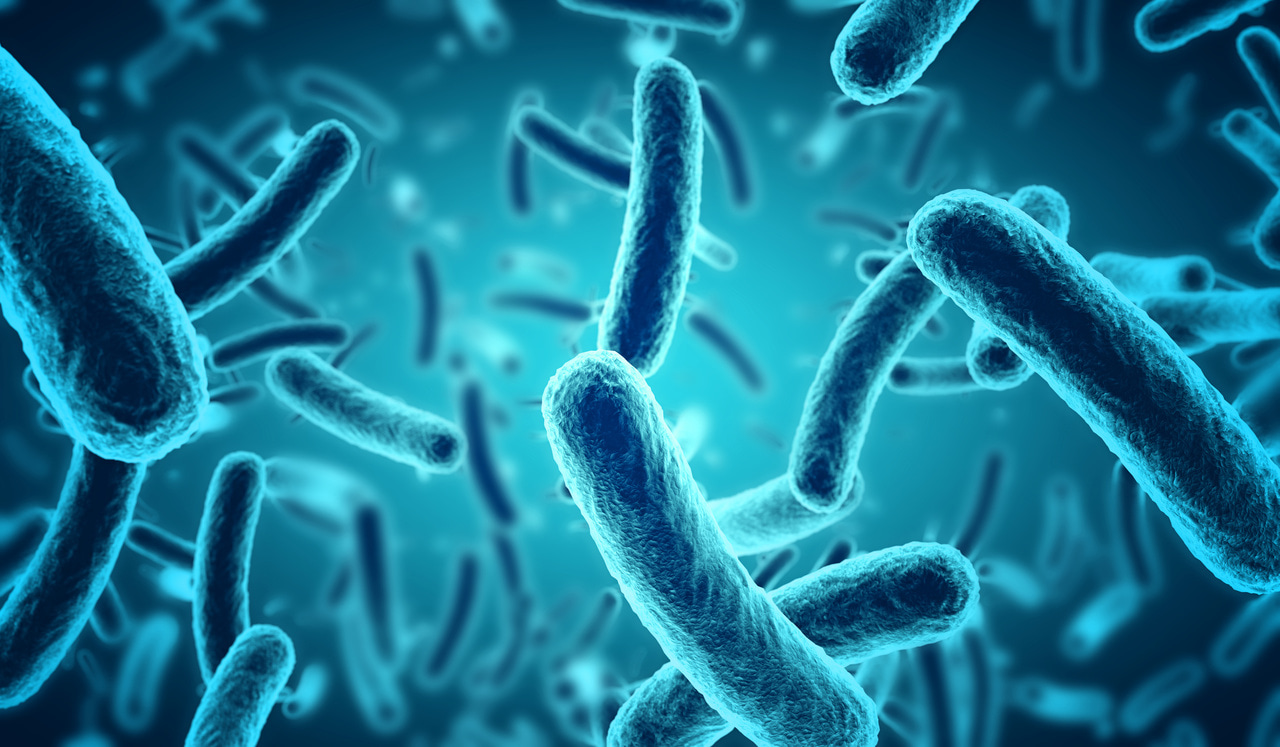Study finds nanoplastics could increase virulence of E. Coli
A study from the University of Illinois Urbana-Champaign has found that nanoplastics with positively charged surfaces are likely to increase virulence of pathogens like E. Coli O157:H7.

Like
Be the first to like this
A study from the University of Illinois Urbana-Champaign has found that nanoplastics with positively charged surfaces are likely to increase virulence of pathogens like E. Coli O157:H7.
Senior study author Pratik Banerjee, associate professor in the Department of Food Science and Human Nutrition and an Illinois Extension Specialist, looked into E. Coli because the bacteria carries a negative charge, while nanoplastics are postively charged.
Banerjee's study found that the attraction between these two opposites increases physiological stress in E. Coli which causes it to become more virulent and release more of the toxin which causes human illness.





Please sign in or register for FREE
If you are a registered user on The FSQ Network, please sign in